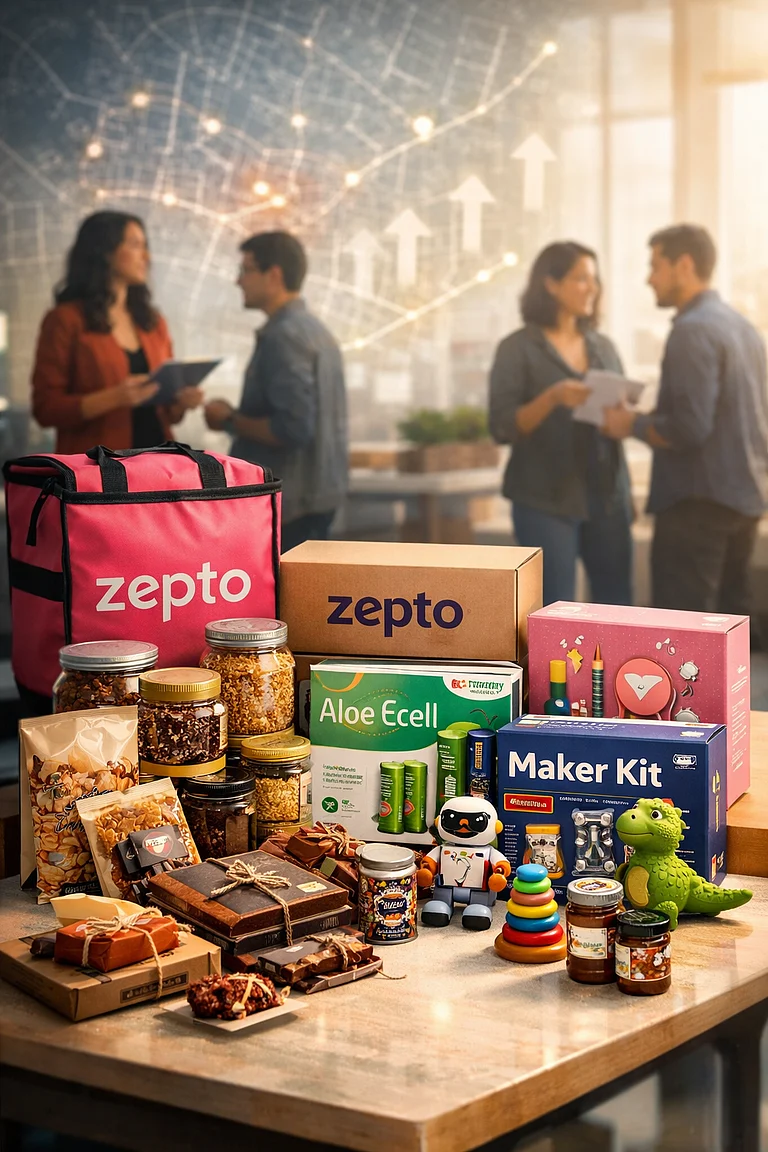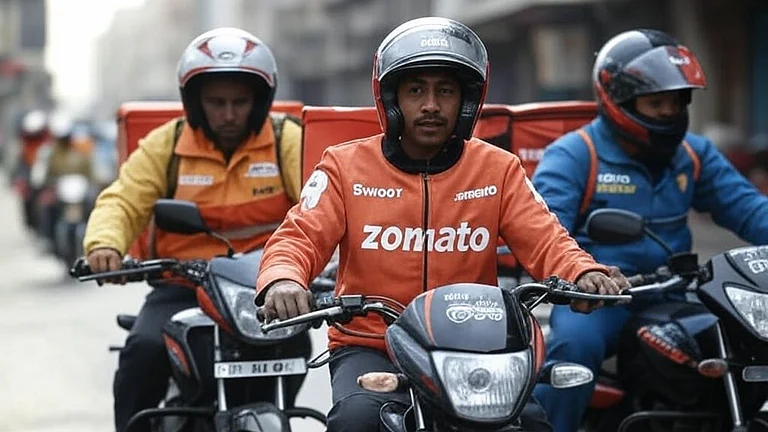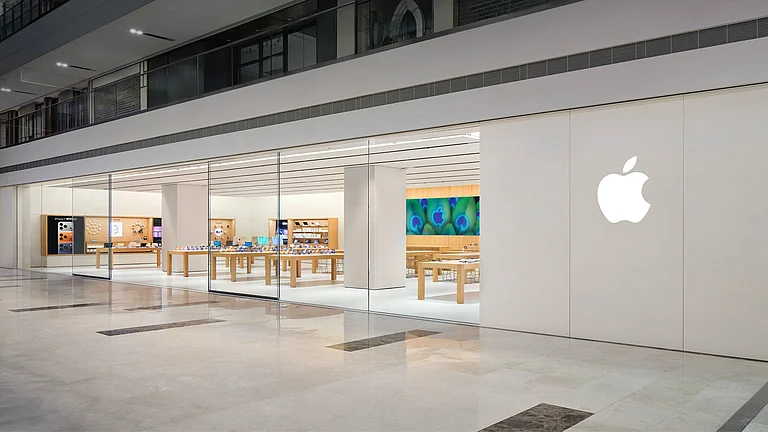As the quick commerce battle intensifies, Reliance Retail has entered the space as it is set to compete against key players such as Blinkit, Instamart, and Zepto. The company already started quick commerce service in select areas of Bengaluru and Navi Mumbai via its e-commerce platform, JioMart.
As per reports, the company started its quick commerce delivery services in September this year. While the company will first focus on delivering groceries, it will later deliver other fashion and electronics products.
The company, which has around 3,000 retail stores, will try to focus on delivering most of their products in 10 to 15 minutes. While other products will be delivered within 30 minutes, as per the Economic Times.
Retail Stores Replace Dark Stores
One interesting aspect of the quick commerce model of Reliance Retail is that it won’t rely on dark stores. The company will instead focus on its own retail stores.
This is in sharp contrast to the usual model followed by quick commerce companies, where they are investing heavily in dark stores.
Blinkit, for instance, aims to have around 2,000 dark stores by 2026. Swiggy Instamart, which recently filed its draft IPO papers with the Securities and Exchange Board of India (Sebi), will also focus on expanding its dark stores with the money raised via the IPO in cities such as Mumbai, Delhi, Pune, Bengaluru, and others.
“Now, all grocery orders will be quick commerce, where one delivery bike or cycle will deliver one order. Each grocery store will cover a 3 KM radius,” said an executive of Reliance to the Economic Times.
Meanwhile, unlike other quick commerce platforms, the company won’t be charging delivery or a surge fee irrespective of what the order value is, adds the report. Additionally, amid the quick commerce boom in small cities, the company will be focusing on expansion in small cities. The intent of the company is to reportedly cover 1,150 cities with around 5,000 pin codes. As the demand for short-term delivery increases amongst the masses, it will be interesting to see how companies react to appease customers amid the intensifying competition.































